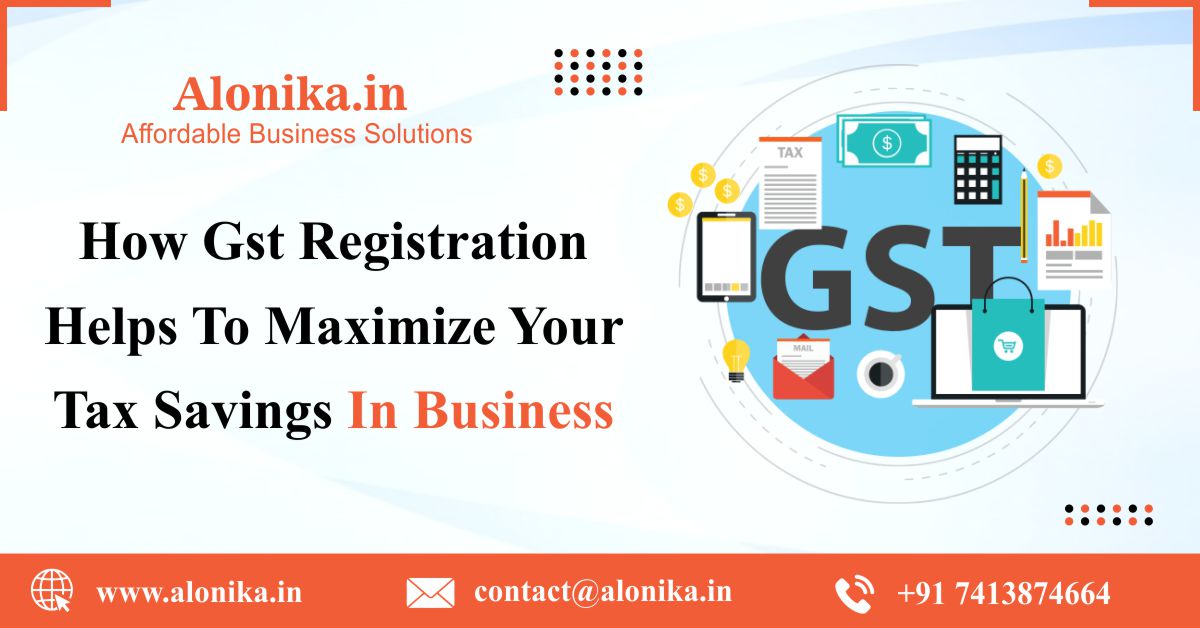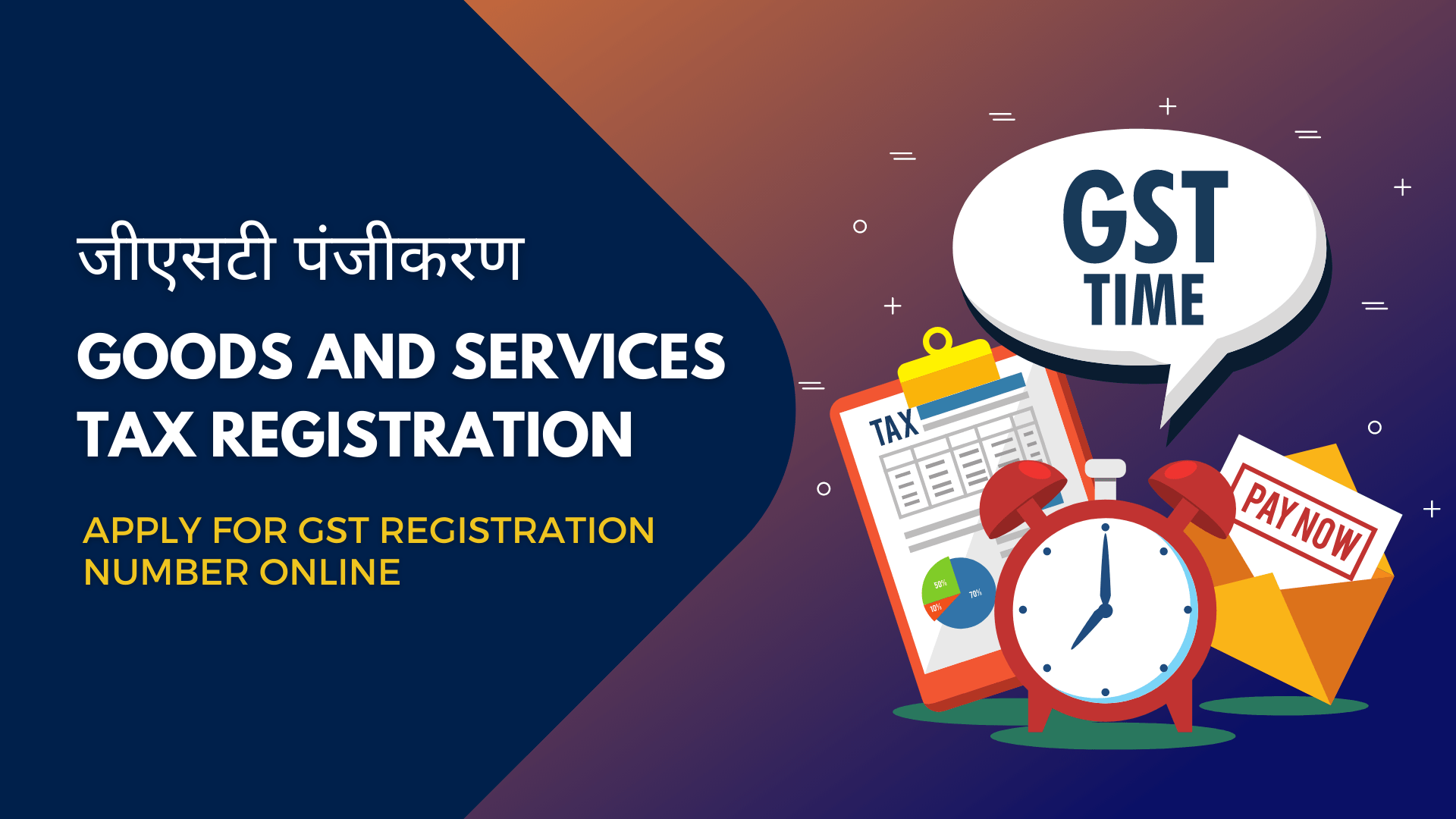Complete List for Efficient Singapore GST Registration
Complete List for Efficient Singapore GST Registration
Blog Article
The Ultimate Guide to Streamlining the GST Registration Refine and Demands for Small Company Owners

Understanding GST Essentials
To comprehend the fundamentals of the Goods and Provider Tax (GST) system, small company proprietors should first understand its underlying implications and principles. Under the GST regime, organizations are needed to collect and sign up tax on behalf of the government, guaranteeing openness and conformity.
Among the crucial concepts of GST is input tax credit, which permits companies to assert credit report for taxes paid on their acquisitions. This system protects against the plunging result of taxes and promotes performance in the tax obligation system. In addition, GST is a destination-based tax obligation, indicating that the tax is imposed at the point of intake as opposed to the factor of beginning. This guarantees fair distribution of tax obligation revenue amongst states based upon where the solutions or products are eaten. Comprehending these basic concepts is essential for local business owners to navigate the complexities of the GST system and guarantee compliance with the regulation.
Eligibility Criteria for Enrollment
Having actually developed a fundamental understanding of GST concepts, local business proprietors should now satisfy details qualification criteria to proceed with the registration procedure. In India, entities took part in the supply of goods or solutions with an annual aggregate turn over surpassing Rs. 40 lakhs (Rs. 10 lakhs for special category states) are called for to register for GST. In addition, particular businesses such as those involved in inter-state supply of items, informal taxable persons, and those called for to pay tax obligation under the reverse cost device should sign up for GST regardless of their turnover. Businesses that were signed up under the previous tax routine (BARREL, service tax obligation, etc) are likewise mandated to sign up under GST. Agricultural organizations that only supply create out of key manufacturing are exempt from GST enrollment. It is essential for local business owner to thoroughly evaluate their qualification based on these criteria to ensure compliance with the law and prevent any type of charges for non-compliance.
Files Needed for GST Enrollment

Simplified Registration Refine Actions
Complying with the collection and confirmation of the requisite documents, the registration procedure for GST can be navigated via a series of simplified actions developed to assist in effective conformity for tiny service proprietors. Upon effective confirmation, an Application Recommendation Number (ARN) is issued, suggesting the conclusion helpful site of the GST enrollment process. browse this site By following these streamlined steps, little organization proprietors can successfully register for GST and ensure compliance with tax laws.
Tips for Ensuring Compliance
To maintain regulatory adherence and functional honesty, thorough oversight and proactive measures are essential in guaranteeing conformity with GST requirements for local business owners. Local business proprietors should stay upgraded with GST laws, submitting deadlines, and any type of changes in tax prices to avoid charges and maintain a great standing with tax obligation authorities. One essential pointer for conformity is to keep thorough and accurate documents of all transactions, consisting of billings, expenditures, and receipts associated with GST. Regularly resolving economic records with GST returns can assist in recognizing and remedying any kind of inconsistencies without delay. Furthermore, carrying out periodic internal audits or seeking professional assistance can make sure that business is adhering to all GST guidelines correctly. It is additionally important for local business owners to purchase GST-compliant accounting software that can enhance the tax filing procedure and minimize errors. Participating in GST understanding workshops or training programs can improve understanding and compliance with GST laws, ultimately profiting the business in the lengthy run.
Final Thought
Finally, local business proprietors have to comprehend browse around these guys the essentials of GST, satisfy the qualification requirements, gather required files, and follow the streamlined registration process actions to ensure compliance. By simplifying the GST registration process and needs, small company owners can prevent fines and operate their services smoothly within the lawful framework - Singapore GST Registration. It is essential for little service owners to remain enlightened and certified with GST policies to maintain an effective service operation
Small organization proprietors seeking GST registration should ensure they gather and send the essential records to complete the enrollment procedure efficiently. The papers required for GST enrollment normally consist of proof of business registration or incorporation, PAN (Long-term Account Number) card of the company address, identification and entity evidence of the promoters/partners/directors, pictures, address proof of the place of service, financial institution account declarations or terminated cheques, and authorization kinds. Participating in GST recognition workshops or training programs can improve understanding and compliance with GST laws, ultimately profiting the company in the lengthy run.
By simplifying the GST registration process and demands, tiny company owners can prevent fines and operate their businesses smoothly within the lawful framework. It is essential for small service owners to remain educated and certified with GST guidelines to preserve a successful company procedure.
Report this page